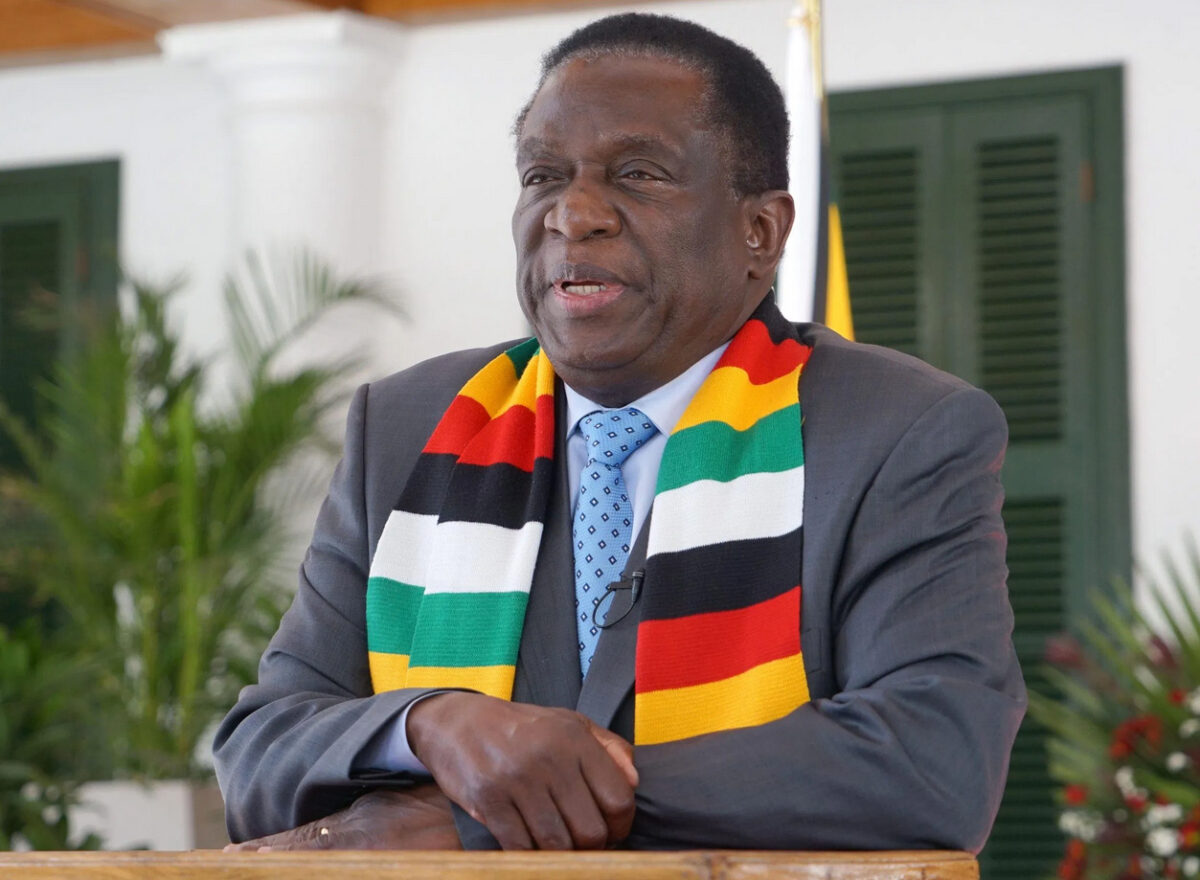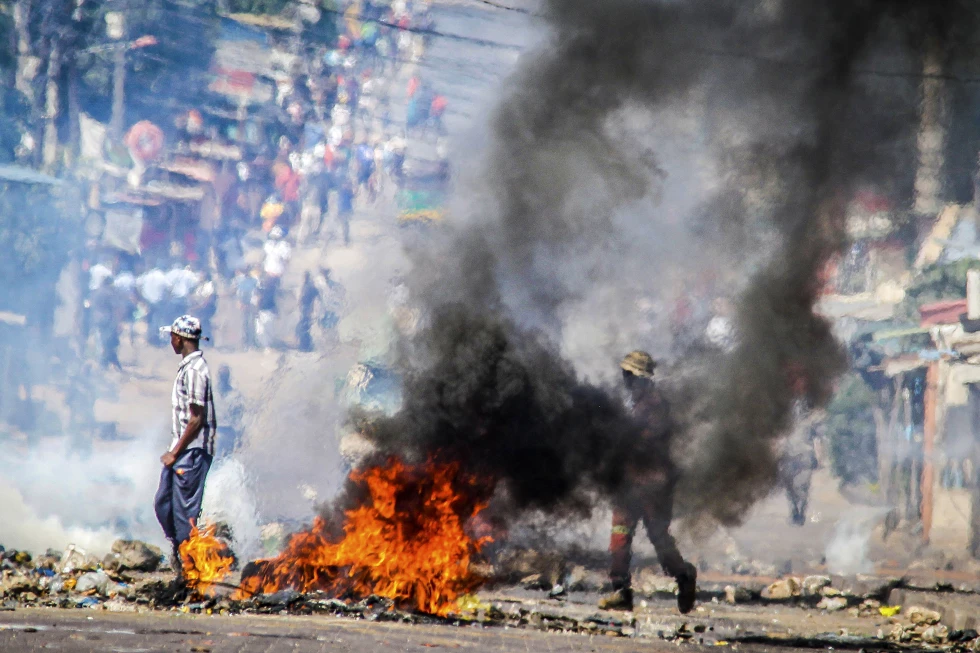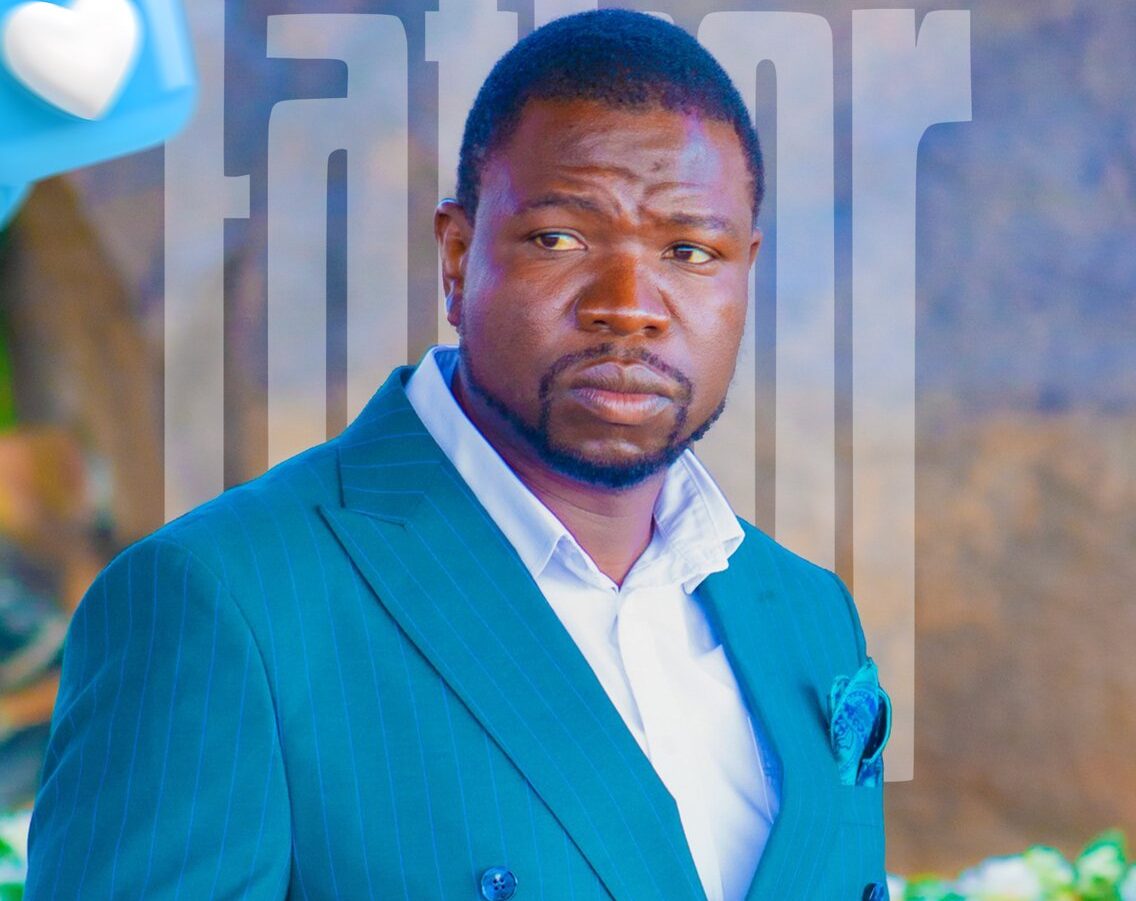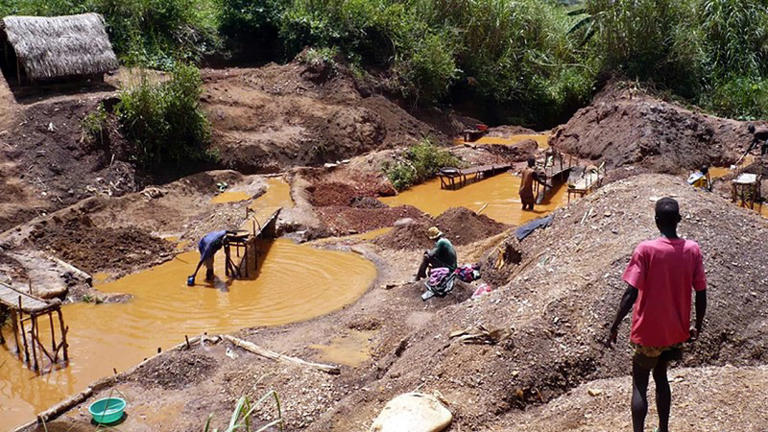HARARE – Zimbabwe on Tuesday announced mandatory quarantine – at own cost – for all visitors including returning residents, throwing Christmas holiday planning for tens of thousands into disarray.
All visitors, even those presenting a negative Covid-19 test certificate, will be forced to undergo a PCR test, currently set at US$60 by the government, on arrival at the country’s ports of entry.
President Emmerson Mnangagwa said in a televised address that the measures were in response to a new coronavirus variant reported by South African scientists last week, while promising to review the measures on December 14.
A curfew previously from 10PM to 5.30AM will now be observed between 9PM and 6AM. The measures are with immediate effect, he said.
“All returning residents and visitors have to undergo PCR testing, and will be quarantined at own cost for days recommended by the WHO, even if they present a negative PCR test result from elsewhere,” Mnangagwa said following a meeting of his Cabinet.
“The government will review these measures after 14 days.”
Curiously, the WHO has no guidelines on mandatory quarantine. Its guidelines only refer to home quarantine for 14 days.
Business hours will remain 7AM to 7PM, Mnangagwa said, adding that only fully vaccinated people should be admitted into bars and restaurants are to close at 7PM.
The shock announcement was greeted with anger and disbelief by Zimbabweans around the world, some who had already made travel plans.
“This is yet another hopeless, loony decision made by a desperately vacuous regime,” MDC Alliance vice president Tendai Biti said. “We have always argued that decisions on highly technical matters must be left to science and science alone, not sorcery or witchcraft. Closing borders is no solution but vaccines and more vaccines.”
Former minister Saviour Kasukuwere said the decision was not based on any science.
“Copy and paste was a better strategy they were using before,” Kasukuwere, now based in South Africa, wrote on Twitter, referring to opposition claims that Mnangagwa often relied on South Africa to lead. “This decision is a disaster for the economy. They have no medical doctor in cabinet to assist with the science.”
Dr Norman Matara of the Zimbabwe Association of Doctors for Human Rights tweeted: “So you can go and drink beer with friends at a bar if fully vaccinated, but you can’t go home straight if fully vaccinated and with a PCR negative result when entering the country. Makes perfect sense.”
Tens of thousands of Zimbabweans travel home every Christmas from around the world, mostly from neighbouring South Africa. Few can afford the cost of travel imposed by Zimbabwe, whose officials ironically condemned a decision by western countries to impose travel bans on Southern African countries last week after South African scientists discovered a new variant with worrying mutations, now designated Omicron by the World Health Organisation.
“It’s wrong to lock away Southern Africa. That’s politics. Not science,” Zimbabwe government spokesman Ndavaningi Mangwana said on November 28.
A South African doctor who was one of the first to suspect a different coronavirus strain among patients said on Sunday that symptoms of the Omicron variant were so far mild and could be treated at home.
Dr. Angelique Coetzee, a private practitioner and chair of South African Medical Association, told Reuters that on November 18 she noticed seven patients at her clinic who had symptoms different from the dominant Delta variant, albeit “very mild”.
The variant was detected and announced by South Africa’s National Institute of Communicable Diseases (NICD) on November 25 from samples taken from a laboratory from November 14 to November 16.
“Most of them are seeing very, very mild symptoms and none of them so far have admitted patients to surgeries. We have been able to treat these patients conservatively at home,” Coetzee said.
Coetzee, who is also on the Ministerial Advisory Committee on Vaccines, said unlike the Delta so far patients have not reported loss of smell or taste and there has been no major drop in oxygen levels with the new variant.
Her experience so far has been that the variant is affecting people who are 40 or younger. Almost half of the patients with Omicron symptoms that she treated were not vaccinated.
“The most predominant clinical complaint is severe fatigue for one or two days. With them, the headache and the body aches and pain.”
















